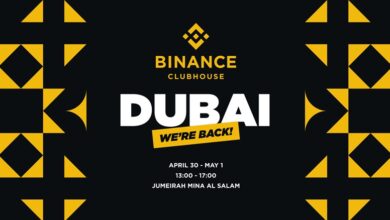Emerging Technologies and Trends — Reflections from the 2018 Blockchain Summit in Morocco

Neha Narula, director of the Digital Currency Initiative at MIT Media Lab, told the Blockchain Summit in Morocco that one of the most fascinating blockchain solutions in the near future will be the concept of “zero-knowledge proofs.”
“Basically, you will be able to prove that something is true, without revealing the reasons for why it’s true. So to prove you’re 21, you don’t have to show the official documentation that you’re 21,” Narula said during a panel focused on emerging technologies and trends. “Zero-knowledge proofs are going to be very transformative in the next few years.”
Sergey Brin, co-founder of Google, agreed. “It’s really mind-boggling,” he said.
Elizabeth Stark, CEO of Lighting Labs, and the open-source community is adding interoperability, security and usability into bitcoin using Lightning Network, as a way to get the technology to the next billion people.
“Lightning enables people to transact at a high volume using the underlying blockchain security,” said Stark. “This is really powerful. I’ve really never been more excited about the future and the potential of what we’re building — building up the core technologies to bring them to the world.”
Koichi Narasaki, chief digital officer at SOMPO Holdings, said blockchain technology will incur a huge cost savings for insurance companies like SOMPO because it will cut down on reaction time and middlemen. “For us, blockchain has a huge upside,” he said.
Katie Haun, a former Justice Department prosecutor, said one of the most promising areas for blockchain will be identity. “But changing public perceptions is important,” she said. “All we hear about is the fraud and scams, and we’re not hearing about the promising use of the technology.
Chase Koch, president of Koch Disruptive Technologies, said his company is looking at blockchain. Their mindset is focused, he said, on experimental learning first. But he said all ten business platforms could benefit from better logistics, an attractive use of blockchain. “If 10% of the $800 billion that’s spent on logistics can be saved by eliminating waste, it’s huge,” he said.





